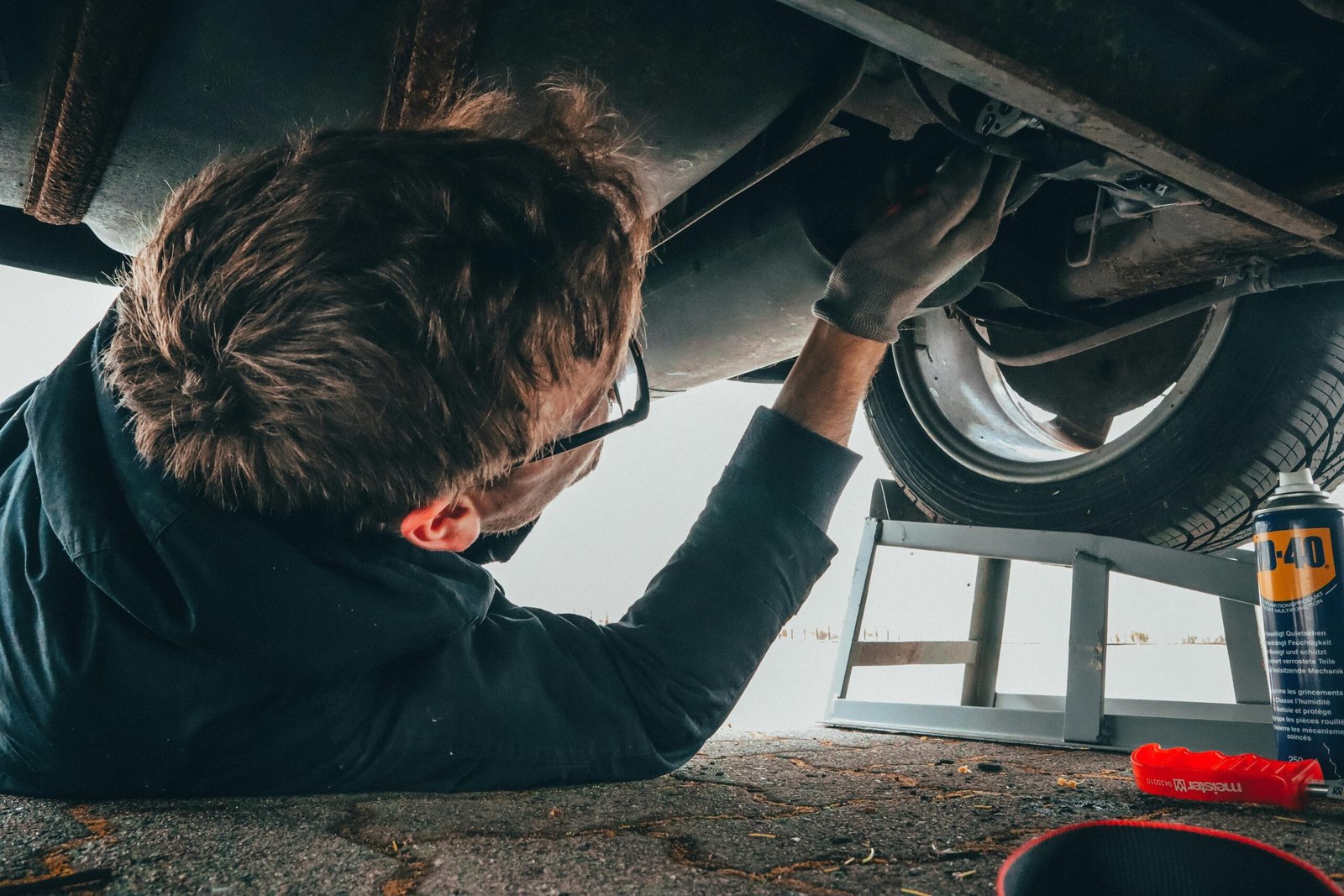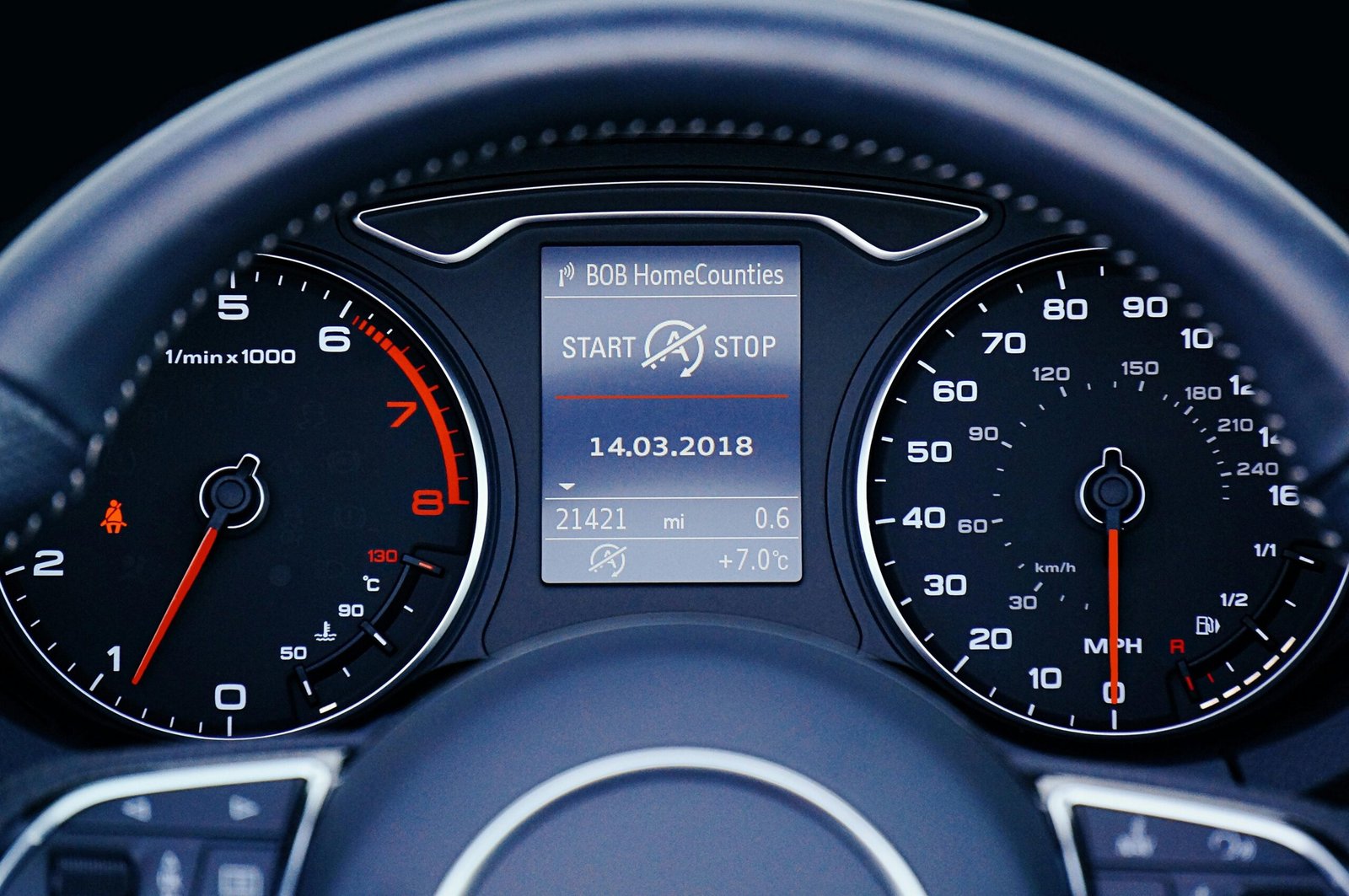Automobile warranties are essential for vehicle owners, providing peace of mind and protection against unexpected repair costs. These warranties cover various parts of your vehicle, offering different levels of protection based on the type of warranty and the provider. Understanding the basics of automobile warranties and the role of warranty providers is crucial for making informed decisions. Warranties ensure that your vehicle remains in top condition without burdening you with sudden, hefty repair bills. They are particularly valuable for those who rely heavily on their vehicles for daily commuting or long-distance travel.
A comprehensive understanding of automobile warranties can save consumers from unnecessary expenses and stress. It’s important to know what your warranty covers, its duration, and the conditions under which it remains valid. For instance, some warranties may become void if you fail to maintain your vehicle according to the manufacturer’s schedule. Navigating through these details can be overwhelming, but it’s essential for getting the most out of your automobile warranty.
Types of Automobile Warranties
Manufacturer’s Warranty
The manufacturer’s warranty, typically included with the purchase of a new car, covers defects and issues related to the manufacturing process. It usually has a specific duration or mileage limit. For example, a common offering is a 3-year or 36,000-mile warranty, whichever comes first. This warranty ensures that any manufacturing defects that arise in your vehicle during this period are repaired without any cost to you. However, it does not cover damages due to accidents, negligence, or routine wear and tear.
Extended Warranty
An extended warranty, often purchased separately, prolongs the coverage beyond the manufacturer’s warranty. It can be customized based on coverage needs and is usually more comprehensive. Extended warranties can be a wise investment for those who intend to keep their vehicle for a long time. They offer peace of mind once the manufacturer’s warranty expires, but it’s crucial to understand the terms, as they can vary significantly between providers.
Third-Party Warranty
Third-party warranties are offered by companies not affiliated with the car manufacturer. They provide various coverage options and flexibility but require careful evaluation of the provider’s credibility. These warranties might offer more affordable options or additional services that are not available through manufacturer warranties. However, it’s important to conduct thorough research and read customer reviews to ensure that the company is reputable and the coverage is comprehensive.
How to Choose the Right Automobile Warranty Provider
Reputation and Reliability
Researching the provider’s reputation in the industry is vital. Look for customer reviews, ratings, and any history of disputes or complaints. A provider with a strong reputation is likely to offer better service and a smoother claims process. You can research online forums, consult consumer reports, or ask for recommendations from friends and family who have had experience with warranty providers.
Coverage Options
Assess the range of coverage options offered by the provider. Ensure they align with your specific needs and the model of your vehicle. Some providers offer customizable plans where you can choose what parts and services are covered. It’s essential to understand what is included in the coverage, such as engine components, electrical systems, and transmission, and what is excluded, like routine maintenance and wear and tear items.
Cost and Value
Consider the cost of the warranty relative to the coverage offered. Compare different providers to find the best value for your investment. While a cheaper warranty might seem attractive, it may not provide comprehensive coverage or might have a less reliable claims process. Evaluate the cost against the benefits, including the length of the warranty, the breadth of coverage, and the company’s customer service quality.
Top Automobile Warranty Providers
Company A
Discuss the strengths, range of services, and customer feedback for Company A. This company is renowned for its comprehensive coverage options and exceptional customer service. They offer a variety of plans that can be tailored to fit individual needs and budgets, making them a popular choice among a wide range of consumers. Their user-friendly claims process and transparent policies make them stand out in the industry.
Company B
Highlight the unique offerings, reliability, and customer satisfaction ratings of Company B. Known for their affordable plans and reliable service, Company B has made a name for itself by providing excellent value for money. They offer extensive coverage options, including some unique services that are not commonly found with other providers. Their commitment to customer satisfaction is evident in their responsive customer support and efficient claims handling.
Company C
Evaluate Company C’s coverage options, affordability, and user experience. Company C excels in providing personalized service and flexible warranty plans. They are particularly favored by those who own older or high-mileage vehicles, as their plans are designed to cater to a variety of needs. Their straightforward contract terms and transparent pricing structure make them a trustworthy option for many car owners.
Making the Most of Your Automobile Warranty
To maximize the benefits of your automobile warranty, it is crucial to understand all its terms and conditions. This includes knowing what maintenance is required to keep the warranty valid, understanding the process for filing a claim, and being aware of any deductibles that might apply. Regular maintenance of your vehicle according to the manufacturer’s schedule not only helps in keeping your warranty valid but also ensures your car runs efficiently.
Additionally, keep all service records and receipts. These documents can be vital when making a claim, as they prove that you have maintained the vehicle as required. If you encounter a problem with your vehicle, address it promptly. Delaying repairs can sometimes lead to more significant issues, which might not be covered under the warranty.
FAQs
What is the difference between a manufacturer’s warranty and an extended warranty?
A manufacturer’s warranty is provided by the car’s maker and covers defects and issues related to the manufacturing process for a set period. An extended warranty, purchased separately, prolongs this coverage and often offers more comprehensive protection.
How do I know if a third-party warranty is trustworthy?
Research the company’s reputation, read customer reviews, and check for any complaints or legal issues. Look for providers that have been in business for several years and have a track record of fulfilling their obligations.
Can I transfer my automobile warranty if I sell my car?
This depends on the warranty provider and the terms of the warranty. Some warranties are transferable, which can increase the resale value of your car, while others are not.
What are the common exclusions in automobile warranties?
Common exclusions include regular maintenance services (like oil changes), wear and tear items (like brake pads and tires), and damages caused by accidents, misuse, or lack of maintenance.
Conclusion
Choosing the right automobile warranty provider is crucial for ensuring the longevity and performance of your vehicle. By understanding the different types of warranties and carefully evaluating providers, you can secure comprehensive coverage that meets your needs and budget. Remember to read the fine print and stay informed about your warranty terms to make the most of your investment. With the right warranty, you can enjoy worry-free vehicle ownership and focus on the road ahead.




